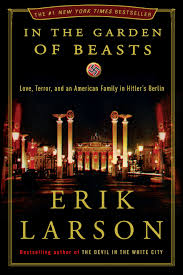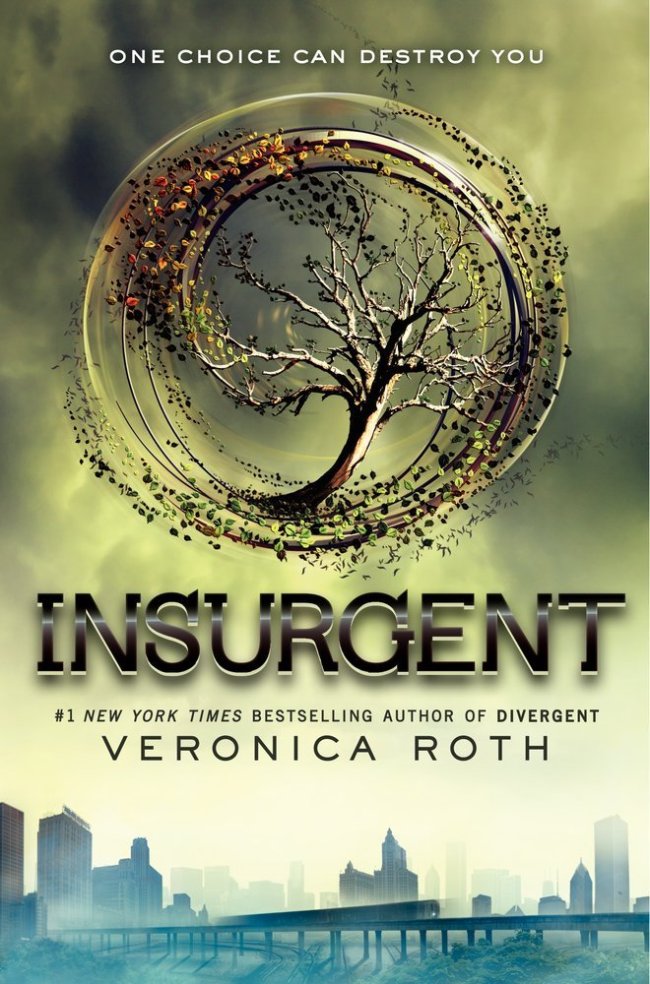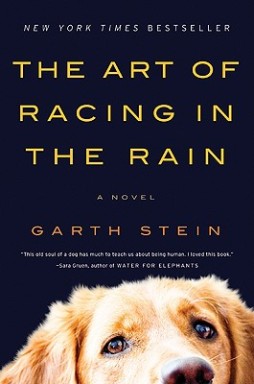I read a book that changed my life last year. Not only did I learn from this book, but I was immensely inspired by its author.
 Sylvia Earle’s Sea Change A Message of the Oceans is a beautifully written book about the ocean adventures of Earle. She paints crafty visuals of her dives with humpback whales and dolphins. She illustrates her challenges and frustrations in co-founding a deep ocean exploration company and working for the federal government. She expresses her concerns and hopes for the health, safety, and future of our oceans through stories, facts, and solutions.
Sylvia Earle’s Sea Change A Message of the Oceans is a beautifully written book about the ocean adventures of Earle. She paints crafty visuals of her dives with humpback whales and dolphins. She illustrates her challenges and frustrations in co-founding a deep ocean exploration company and working for the federal government. She expresses her concerns and hopes for the health, safety, and future of our oceans through stories, facts, and solutions.
This book is a great read for anyone, whether you live by the ocean or not, whether you like fiction or nonfiction. Earle has a great skill for storytelling that will pull any reader into her amazing life.
I have learned a lot from her book, but I will tell you one of the many things that hit me hard with realization. Earle explains how our history of fishing has always looked at the endeavor with narrow vision. Focus is always on a single species or a single stock. Therefore, management of these fisheries also create policy and regulation with narrow vision. These fish stocks need to be managed well to ensure that people can keep their jobs, that communities can have food, and that ecosystems are able to maintain balance. The balance of an ecosystem however, is not easy to manage if we look only at Chinook salmon or only at Chilean sea bass. These and all other fish, no matter how tasty, are integral to their community of marine plants and animals. They help keep balance of smaller fish and of growing algae. They make sure that nutrients are being added to their environment and that those nutrients are being moved up for other organisms to use. Earle illustrates the value of fish we take out of the ocean. Not their value at market, but their value as living organisms in their community. Therefore, if humans want to manage fishing and fish stocks to ensure they are still around for our grandchildren, we need to take up a holistic point of view. How many fish can be removed and still make sure that the algae doesn’t over grow? How many fish can we remove and still make sure that sea lions have enough to eat? Holistic management is what we need to keep our oceans and our lives rich in fish diversity and abundance.
This is only a small piece of a larger story that Earle tells about our oceans. She engages the reader with her honest retelling of events and logical, referenced revelations about the fate of our oceans. I cannot recommend it enough to anyone who wants to read a good book, who wants to go on an adventure, who wants to know how they can make a difference.

 of Beasts about prewar Nazi Germany I was jumping with anticipation of owning and reading it.
of Beasts about prewar Nazi Germany I was jumping with anticipation of owning and reading it.



